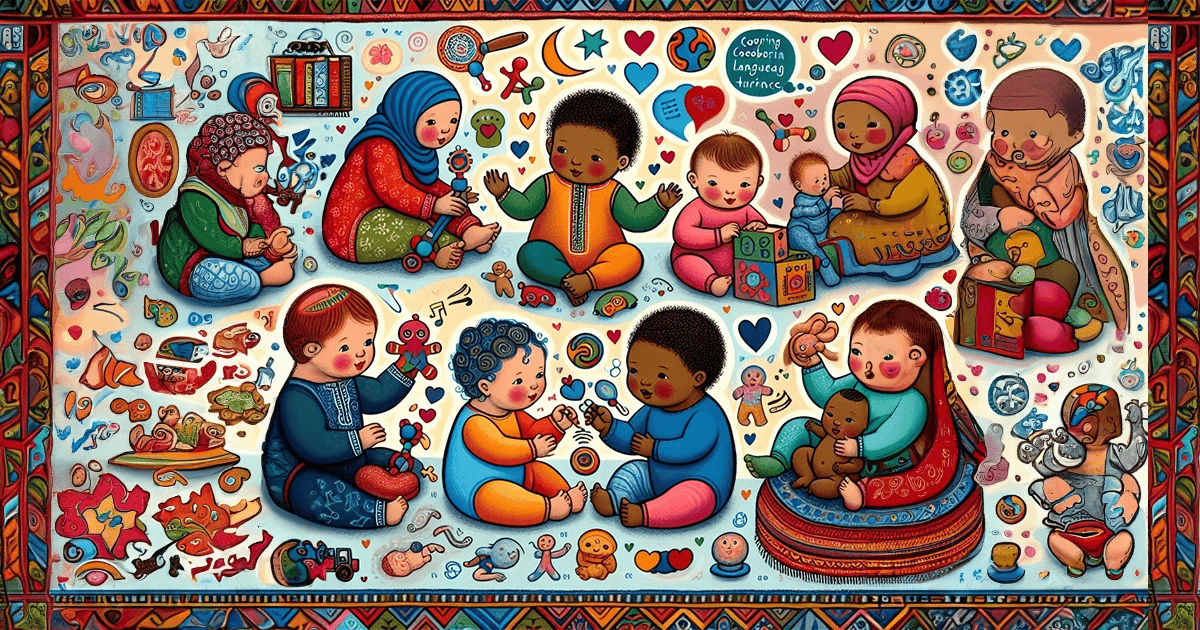Tiny Talks: How Socializing Shapes Infants’ Futures
In the early stages of life, every giggle, babble, and cry is more than just a moment of joy or a call for attention; it's a fundamental step in the intricate dance of human development. The impact of social interaction on infant development is profound, influencing everything from emotional intelligence to language skills and cognitive growth. Let's delve into how these tiny talks and interactions are not just adorable, but crucial building blocks for a…

